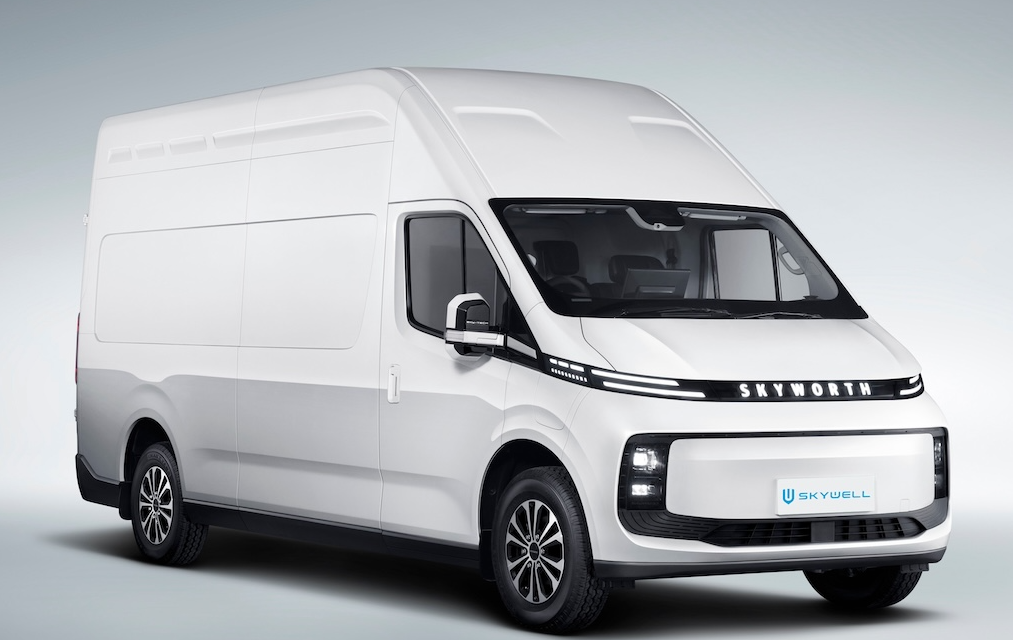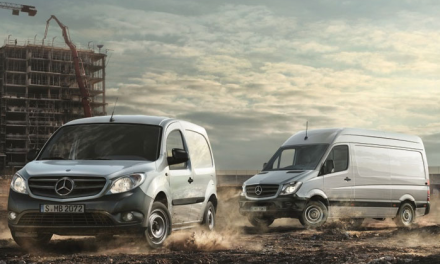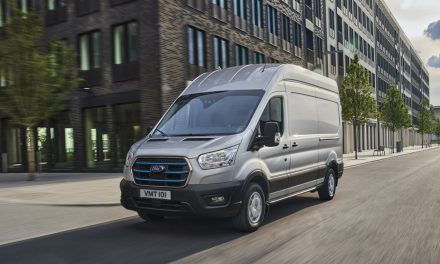Skywell, a prominent player in the electric vehicle industry, is set to make waves with the launch of its new large electric van. This groundbreaking release marks a significant milestone in the company’s commitment to sustainable transportation solutions. As the demand for eco-friendly commercial vehicles continues to rise, Skywell’s latest offering aims to revolutionize the market with its innovative features and impressive specifications. This article delves into the details of Skywell’s upcoming electric van, exploring its potential impact on the industry and addressing frequently asked questions about this exciting new vehicle.
Key Takeaways
- Skywell is introducing a large electric van to meet the growing demand for sustainable commercial vehicles.
- The new van boasts advanced features and impressive specifications, setting it apart from competitors in the market.
- This launch demonstrates Skywell’s commitment to innovation and environmentally friendly transportation solutions.
- The electric van is expected to have a significant impact on the commercial vehicle sector and the broader electric vehicle market.
- Skywell’s new offering addresses the increasing need for eco-friendly options in the logistics and delivery industries.
Skywell’s New Electric Van: Features and Specifications
Skywell’s upcoming large electric van is poised to make a substantial impact on the commercial vehicle market. The van release is eagerly anticipated by industry experts and potential customers alike. While specific details are yet to be officially announced, sources close to the company have hinted at several exciting features and specifications:
- Impressive Range: The van is expected to offer a range of over 200 miles on a single charge, making it suitable for various commercial applications.
- Fast Charging Capability: Equipped with advanced charging technology, the van is rumored to support rapid charging, potentially reaching 80% capacity in under an hour.
- Spacious Cargo Area: The large electric van is designed to maximize cargo space, offering ample room for goods and equipment.
- Advanced Safety Features: Skywell is likely to incorporate state-of-the-art safety technologies, including advanced driver assistance systems (ADAS) and enhanced visibility features.
- Customization Options: The van is expected to be available in various configurations to cater to different business needs, from delivery services to mobile workshops.
- Eco-friendly Materials: In line with Skywell’s commitment to sustainability, the van may incorporate recycled and environmentally friendly materials in its construction.
- Smart Connectivity: The vehicle is likely to feature advanced telematics and connectivity options, allowing for efficient fleet management and real-time monitoring.
As the van release date approaches, Skywell is expected to reveal more detailed information about the vehicle’s specifications and features. The company’s focus on innovation and sustainability suggests that this new electric van will be a game-changer in the commercial vehicle sector, offering businesses a powerful and eco-friendly alternative to traditional fossil fuel-powered vans.
Impact on the Electric Vehicle Market
The launch of Skywell’s large electric van is set to make significant waves in the electric vehicle (EV) market. This new offering addresses a crucial gap in the commercial sector, where demand for eco-friendly transport solutions is rapidly growing. Here’s how Skywell’s electric van could impact the market:
- Increased competition: Skywell’s entry will challenge established players, potentially driving innovation and competitive pricing.
- Market expansion: The availability of a large electric van could accelerate the adoption of EVs in the commercial sector.
- Environmental benefits: More businesses switching to electric vans will contribute to reduced carbon emissions and improved air quality in urban areas.
- Cost savings for businesses: Lower operational costs associated with electric vehicles could lead to increased profitability for companies adopting these vans.
- Infrastructure development: The introduction of large electric vans may spur further investment in charging infrastructure to support commercial fleets.
As the EV market continues to evolve, Skywell’s large electric van could play a pivotal role in shaping the future of commercial transportation and accelerating the transition to sustainable mobility solutions.
Frequently Asked Questions
Here are some common questions about Skywell’s new large electric van:
- What is the range of Skywell’s electric van? The exact range has not been disclosed yet, but it is expected to be competitive with other electric vans in its class.
- How long does it take to charge? Charging times will vary depending on the charging method and battery capacity. More details will be available closer to the launch date.
- What is the payload capacity? The payload capacity is expected to be comparable to traditional diesel vans of similar size, but specific figures have not been released.
- Will there be different size options available? Initially, Skywell is launching a large van model, but future plans may include a range of sizes to cater to different business needs.
- How does the cost compare to traditional vans? While the upfront cost may be higher, the total cost of ownership is expected to be lower due to reduced fuel and maintenance expenses.
- When will the van be available for purchase? The official launch date and availability information will be announced by Skywell in the coming months.
Conclusion
Skywell’s upcoming launch of a large electric van marks a significant milestone in the evolution of commercial electric vehicles. This new offering has the potential to revolutionize the way businesses approach their transportation needs, providing a more sustainable and cost-effective alternative to traditional fossil fuel-powered vans.
The impact of this launch extends beyond just the commercial sector. It represents a step forward in the broader transition to electric mobility, contributing to reduced carbon emissions and improved air quality in urban areas. As more companies adopt electric vans like Skywell’s, we can expect to see a ripple effect throughout the supply chain, potentially accelerating the development of supporting infrastructure and technologies.
While there are still questions to be answered about the specific features and performance of Skywell’s electric van, its entry into the market is undoubtedly a positive development. It signals growing competition in the electric commercial vehicle space, which is likely to drive innovation and improve options for businesses looking to electrify their fleets.
As we look to the future, Skywell’s large electric van could play a crucial role in shaping the landscape of sustainable transportation. Its success could pave the way for wider adoption of electric vehicles in various commercial applications, ultimately contributing to a cleaner, more efficient, and environmentally friendly transportation ecosystem.





